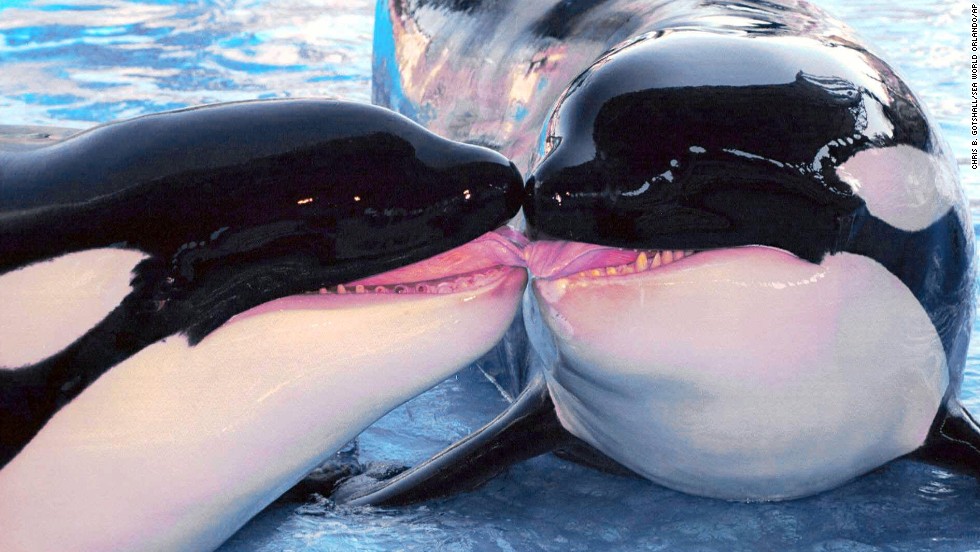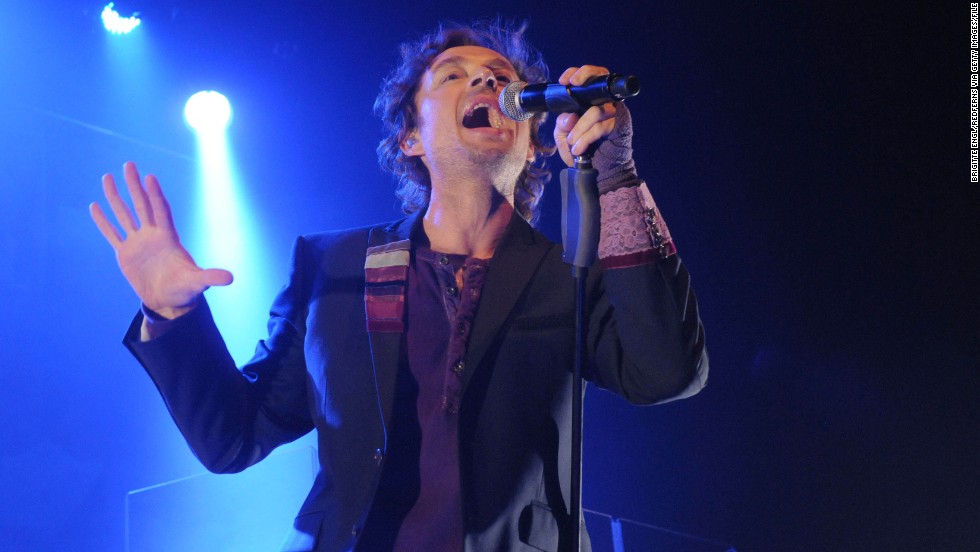Story highlights
- PETA says SeaWorld "has taken a step forward but more must come"
- SeaWorld has been under fire about its treatment of orcas since the 2013 documentary "Blackfish"
- "SeaWorld has been listening and we're changing. Society is changing and we're changing with it," the company said
(CNN)The killer whales currently in SeaWorld's care will be the last generation of the mammals enclosed at the water parks, according to a company announcement posted on its website.
"Why the big news? SeaWorld has been listening and we're changing. Society is changing and we're changing with it," the company said. "SeaWorld is finding new ways to continue to deliver on our purpose to inspire all our guest(s) to take action to protect wild animals and wild places."
The company has come under fire for its treatment of killer whales since the 2013 CNN documentary "Blackfish." That film profiled one of its whales, Tilikum, who has been involved in the deaths of three people, including SeaWorld trainer Dawn Brancheau in 2010.
Reports recently surfaced that Tilikum may be dying. He is estimated to be 35 years old.
"The orcas will continue to live at SeaWorld for many years to come, inspiring guests in new and natural ways," the company said. "They will continue to receive the highest-quality care based on the latest advances in marine veterinary medicine, science and zoological best practices."
People for the Ethical Treatment of Animals said SeaWorld had not gone far enough.
"PETA has campaigned hard and today there is a payoff for future generations of orcas," PETA President Ingrid E. Newkirk said in a statement. "For decades orcas, dolphins, beluga whales, seals and many other animals have suffered in SeaWorld confinement, and to do right by them now, SeaWorld must open the tanks to ocean sanctuaries so that these long-suffering animals may have some semblance of a life outside their prison tanks. SeaWorld has taken a step forward but more must come."
In a letter to the Los Angeles Times, Joel Manby, SeaWorld's president and CEO, called the situation a "paradox."
"Customers visit our marine parks, in part, to watch orcas," he said. "But a growing number of people don't think orcas belong in human care."
He announced that the company is partnering with the Humane Society of the United States to advocate for ocean wildlife protection.
The company says the end of the controversial breeding program is just one of changes it is hailing as "historic."
It will also introduce new "natural orca encounters" instead of the old theatrical shows.
"Blackfish" filmmaker Gabriela Cowperthwaite called the SeaWorld announcement "a defining moment."
"The breeding program in particular was central to SeaWorld's business model," she said. "The fact that they are doing away with it marks truly meaningful change. They've been under attack for a while and I think they responded by rebranding themselves. That didn't work. The public was onto them and I think their new management made the decision to fall in step with public opinion. But they didn't take a small step. They took a huge one. It's paradigm shifting."
U.S. Rep. Jared Huffman, D-California, who sponsored legislation to protect orcas, applauded the decision.
"I am thrilled to see the wave of opposition build to where SeaWorld finally has done the right thing and ended their captive breeding program of orcas," he said in a statement.

























































